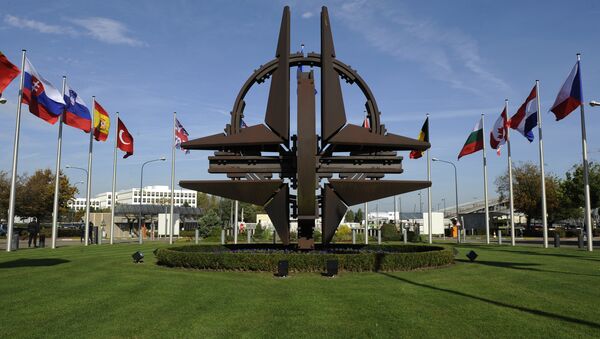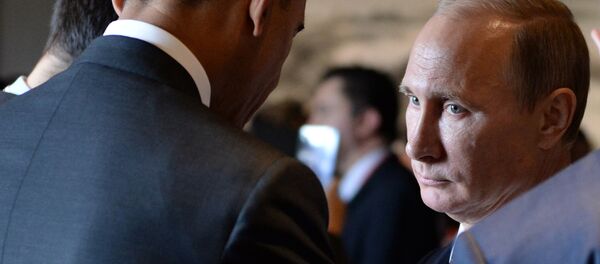NATO's expansionist policy has largely been directed by the US. It is "increasingly creating threats to Europe by threatening the stability and security of Middle Eastern, North African and former Soviet countries, such as Syria, Afghanistan, Libya, Ukraine and Russia," McAuliffe explained.
The expert's argument is simple: if NATO activities contribute to creating an unsafe environment that could backfire in Europe, then the continent "needs growing control over the body."
Internal divisions have always been a feature of NATO's development. But they have become increasingly visible in recent years. This is, in McAuliffe's opinion, reflected in the reduced defense spending – a major point of contention for the United States.
McAuliffe pointed to another reason for reduced defense spending in Europe:
"Reduced budgets may be seen as a Europe-wide expression of disillusionment with NATO and frustration with a lack of influence in the decision-making process, but it also reflects how Europe does not take NATO's and America's hyped 'Russian threat' seriously."
NATO officials often name Russia's supposedly aggressive behavior as one of the key reasons to build up its military muscle in eastern Europe and the Baltics. This rhetoric, according to the expert, is a "phenomenon that may illustrate how NATO disproportionately magnifies threats to coincide with ideological beliefs."
"The concern obviously wasn't shared by the sovereign European governments," he noted.


